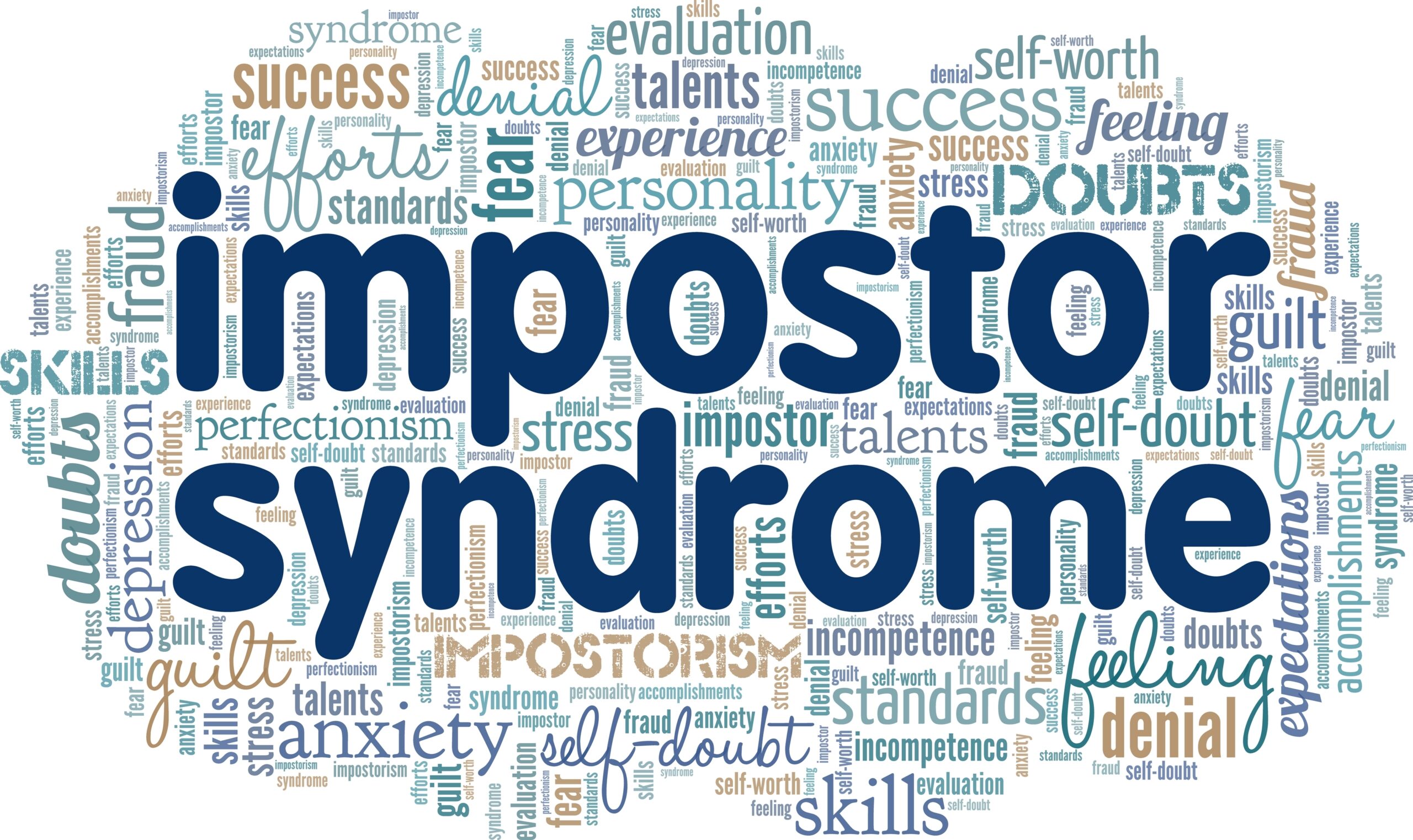


A new civil rights movement is capturing national and international attention. We are seeing #BlackLivesMatter on social media posts. We are watching images and videos of peaceful protests while also hearing about the damage caused by looting and rioting. While the overarching issue is the systemic racism within the United States, the current discussion needs to be about the #BlackLivesMatter Movement.
When I sat down to write this, I struggled. I was unsure of how to begin this discussion; worried I wasn’t going to say the “right” thing in a time of shifting ideology and information. I was unsure of myself, but then I realized, this discussion is NOT about me. I needed to stop thinking about myself and my comfort level in the conversation. It is a time to shift my focus elsewhere.
I have always identified myself as a woman of color, but it took me many years to realize I am of a privileged minority and that there is bias against Black people that stems even from deep within my own culture. It can be uncomfortable to discuss racism and the biases that we experience and witness, but my discomfort is not as important. What is important is that I can use my privilege and be an ally.
The root cause of systemic racism is a history of oppression. We live in a world that wants to subscribe to color blind ideology, but that is insufficient. In order to combat this kind of oppression, we must actively change our mindset at home, and at work.
This will not only affect our personal lives, but our professional ones too. We are more than just employees going in and out of work each day.
We have a duty, an obligation, to protest injustice. We must demand equality irrespective of age, gender, race, ethnicity, or sexual orientation. It’s not racist to notice race, it is not racist to acknowledge and confront the reality of the minority experience in the US.
As a supervisor, a manager, a leader in your organization, you must start the dialogue about current events and how it has caused you to reflect on implicit and explicit bias that is existent in your organization. Bias overall is about preferences and who receives special treatment due to the biases that consciously or unconsciously exist.
Implicit bias refers to the attitudes and stereotypes that occur unconsciously and impact how we act without awareness or control towards certain groups of people. Explicit bias is the opposite; individuals are aware and thus conscious of their perceptions and prejudices against a particular group.
Recognizing that we all have bias and talking about that bias is critical.
We can all implement positive changes in the short term and create building blocks for monumental change in the long run. Think about what you can do, for example, in your next meeting. Commit time to a dialogue to address racism in the workplace. Keep in mind the following:
It’s natural to have discomfort in the workplace around these discussions. And it’s okay to make mistakes about talking through these issues, but have discussions and educate yourself, and your staff about issues facing the Black community and ways that you and your organization can be an ally.
This is a critical time for leaders to act, not just a time to have a moment of silence. Silence is not solidarity.
Go beyond the moment and take another small step towards undermining systemic racism and empowering those who need it.
Do your part. Start the conversation today.
Aashi Arora
aashi@iriseexecutivecoaching.com
(916) 292-8862
 Preparing to Step Into CEO Roles
May 30, 2023
Preparing to Step Into CEO Roles
May 30, 2023
 Tackle Imposter Syndrome by Prioritizing This Relationship
May 12, 2023
Tackle Imposter Syndrome by Prioritizing This Relationship
May 12, 2023
 How Do You Know It’s Imposter Syndrome?
Mar 08, 2023
How Do You Know It’s Imposter Syndrome?
Mar 08, 2023
 Imposter Syndrome During a Job Transition
Jan 20, 2023
Imposter Syndrome During a Job Transition
Jan 20, 2023
 4 Strategies for A Successful Interview
Oct 19, 2022
4 Strategies for A Successful Interview
Oct 19, 2022
Please subscribe to receive a pdf of 15 Ways to Tackle Imposter Syndrome
